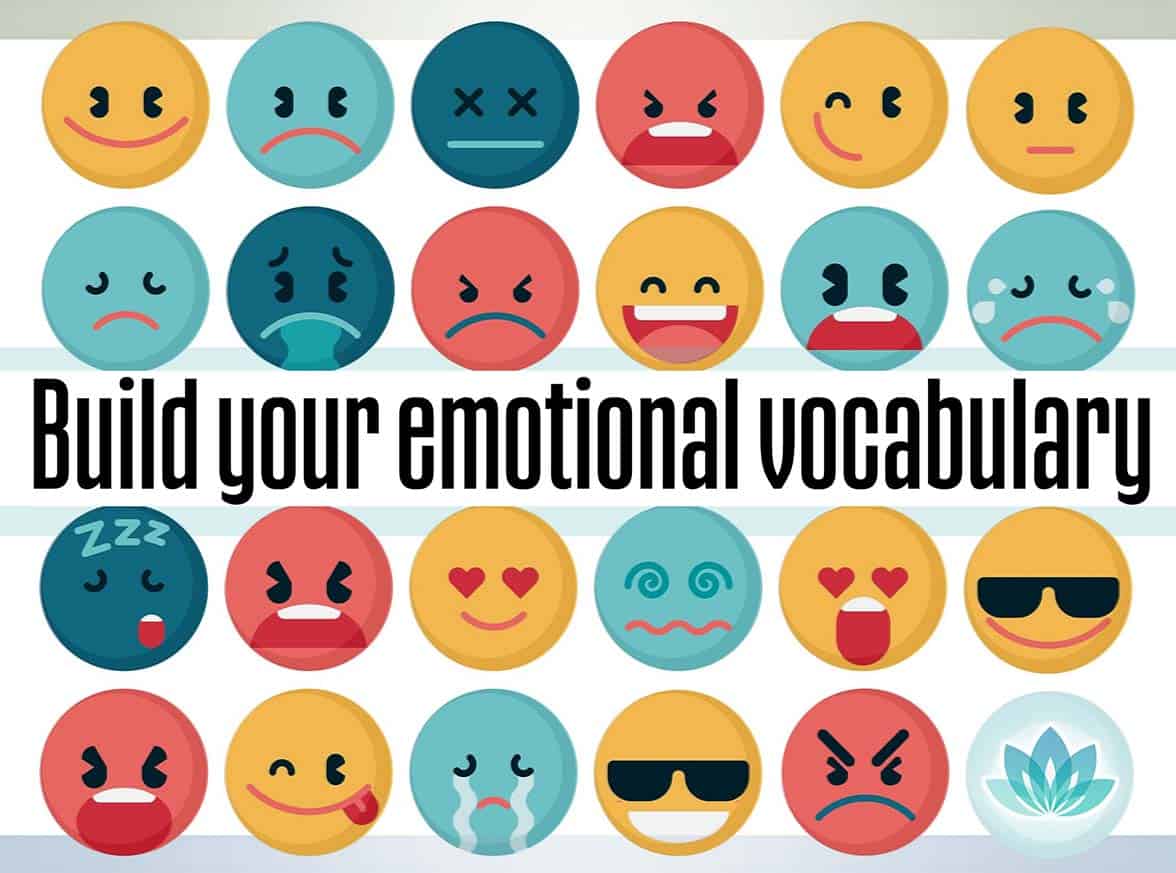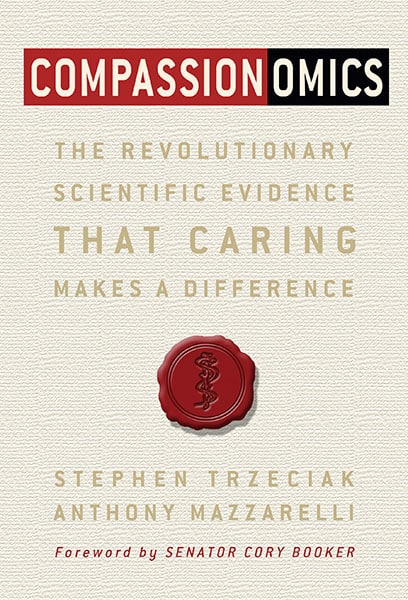The First 90 Days – Sign Up here to begin this free course
The First 90 Days

I find identifying our emotions in the moment can be a struggle, particularly for physicians. Medical training teaches us to tuck our emotions into our pockets. I often hear, “Who has time to deal with emotions when a patient is waiting for me or my next meeting starts in 3 minutes?” We compartmentalize. We suppress. We bury.
Emotional self-awareness is being able to label your emotions, connecting them to their source and using them as a valuable source of insight and information about yourself. For the scientists in the audience, emotions are data – your personal data. Being able to understand and express your personal data helps you to make better decisions, either quicker decisions or better decisions.
Our emotions are an essential source of information. When we listen to the gut-level instincts that bubble up from the inside in the moment, we gain insight to help us deal with the issue or challenge.
People who lack emotional self-awareness get irritated, frustrated, or angry easily, causing them to treat people in an abrasive way. They generally fail to pay attention to the messages their bodies (e.g. rapid pulse, sweaty palms, chronic headaches, neck or shoulder pain, or other signals) are telling them and don’t recognize the impact on their mind or their body.
Naming our emotions and connecting them specifically to a source or to a situation or issue is important because then we can recognize how our feelings affect our performance.
To boost your emotional self-awareness, get fluent in the language of emotions. Having an excellent emotional vocabulary and regular self-reflection is essential to becoming more conscious of our emotions. We cannot develop empathy for other people’s feelings until we understand our own! And we definitely can’t manage emotions we are not aware of!
Tip #1 – Build your emotional vocabulary.
Strategy #1 – Write down the emotions you feel by completing the following statements each day for 1 week:
When I woke up this morning I was feeling _________ and _________.
When I arrived at work, I was feeling _________ and _________.
By mid-afternoon I was feeling _________ and _________.
When I left work, I was feeling _________ and _________.
As I was preparing for bed, I was feeling _________ and _________.
Listed below is a short list of emotions to help you fill in the blanks. There are many more emotions from which to choose and you can write in your own. (Additional resource: Robert Plutchik’s Wheel of Emotions.)
Remember: This first step is just to strengthen your emotional self-awareness. Don’t worry about WHY you have the feelings. And especially don’t worry about how to “make them go away” or “fix them”! Just notice them for now.

Please consult a qualified therapist or counselor if you find that you have persistent feelings of sadness, anger or thoughts that scare you.
Teresa Dean Malcolm, MD, FACOG, MBA, CPE, CPXP, is zealous in her belief that an exceptional experience in clinical care, the human(e) experience, is achievable through meaningful and authentic relationships with others. She has served in executive positions, integrating people with process and purpose, and successfully aligning the ideas of the team with a compelling vision. Her coaching philosophy, The Malcolm Method, is rooted in trust and supportive accountability. Through thought-provoking conversations, she strives to deepen the awareness of her physician clients and further their actions, thereby helping them to thrive as they lead. Dr. Malcolm (known to her friends and family as Terri) is a loving wife to her husband, Nate. Together they have three charming and athletic boys, Nathaniel, and twins, Roman and Colton.



